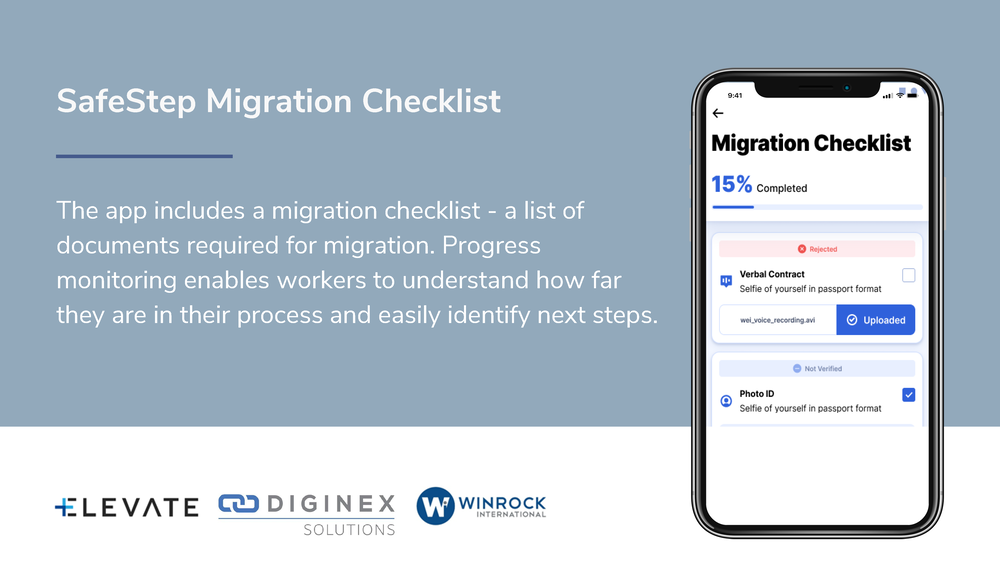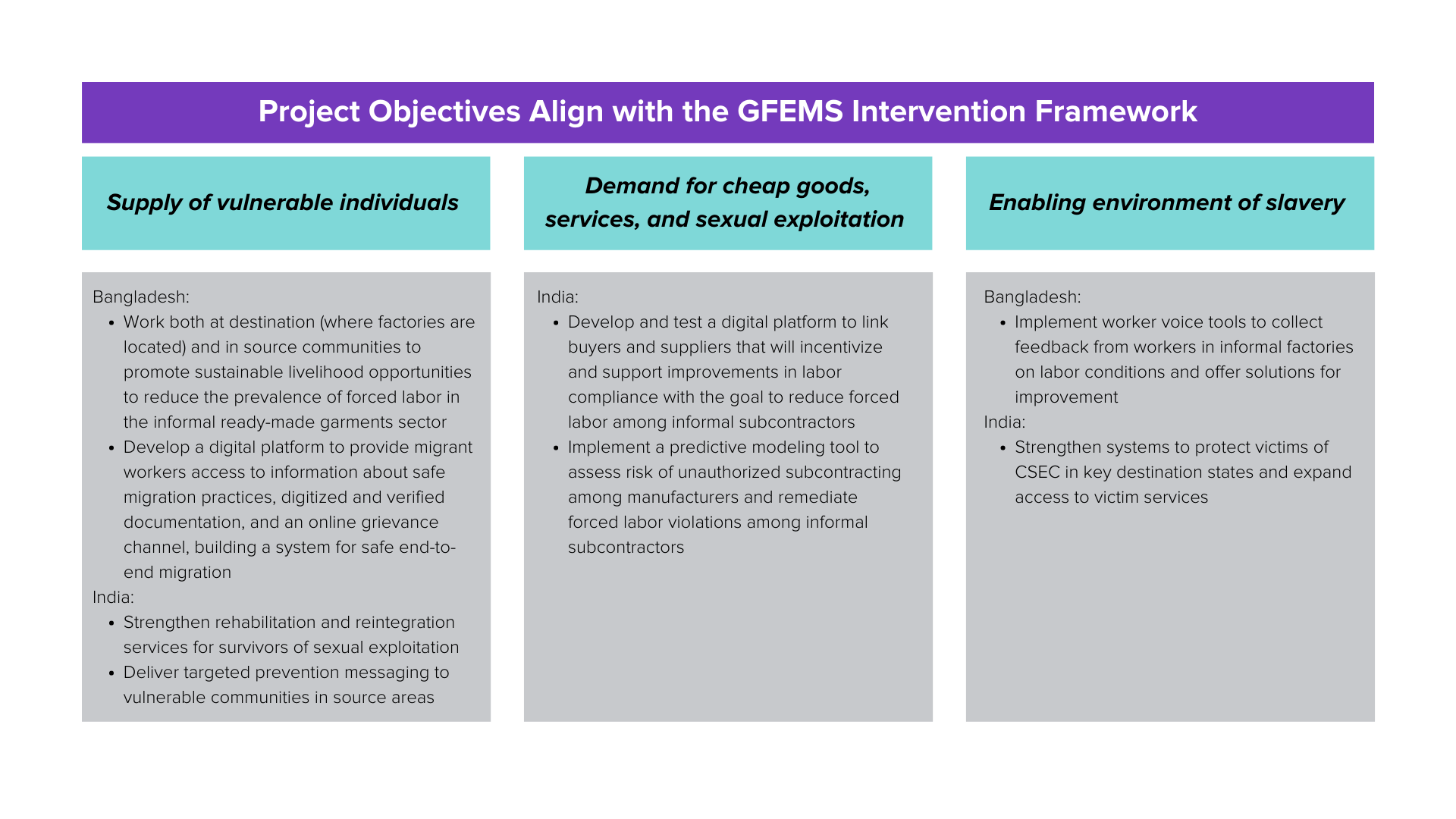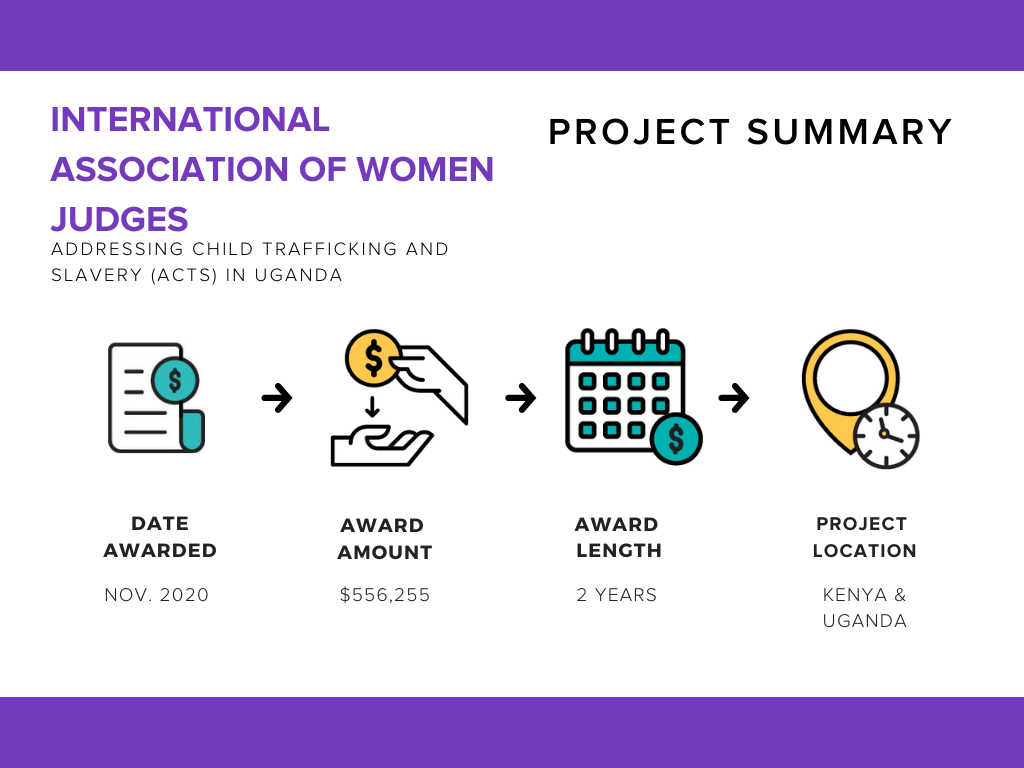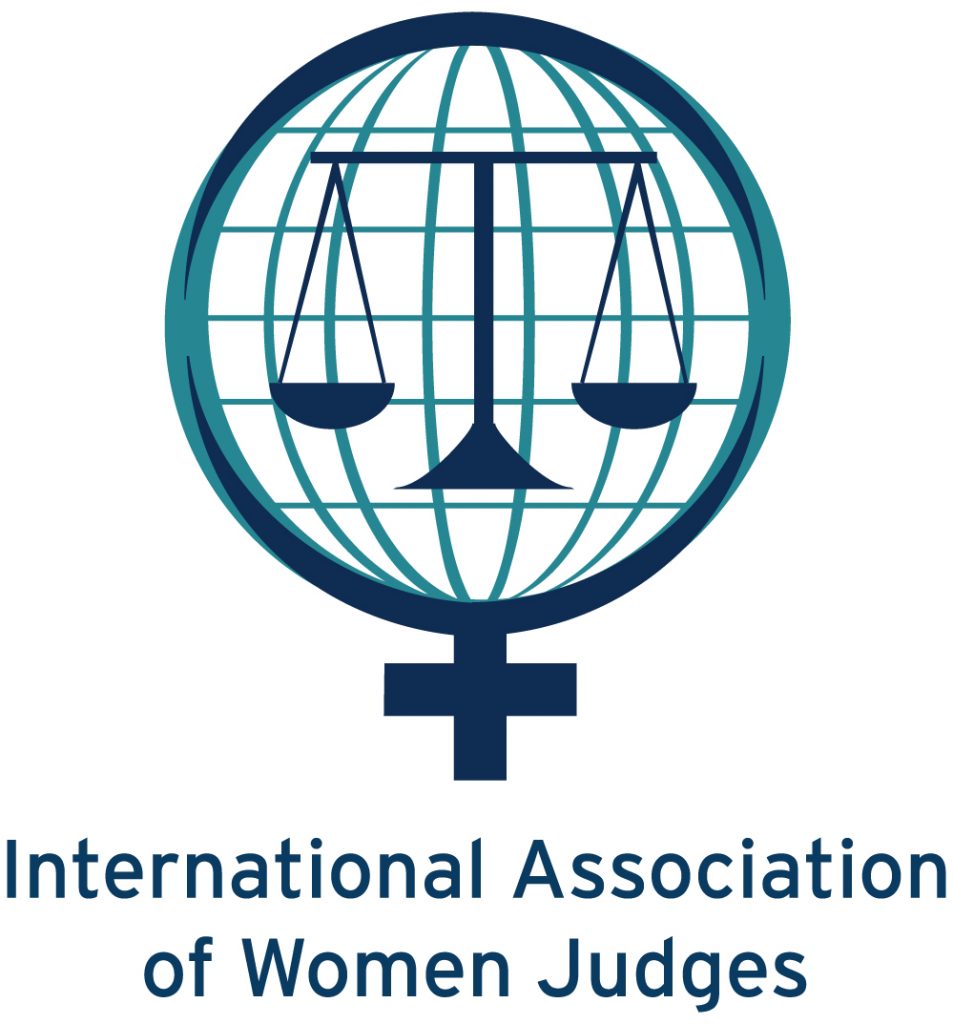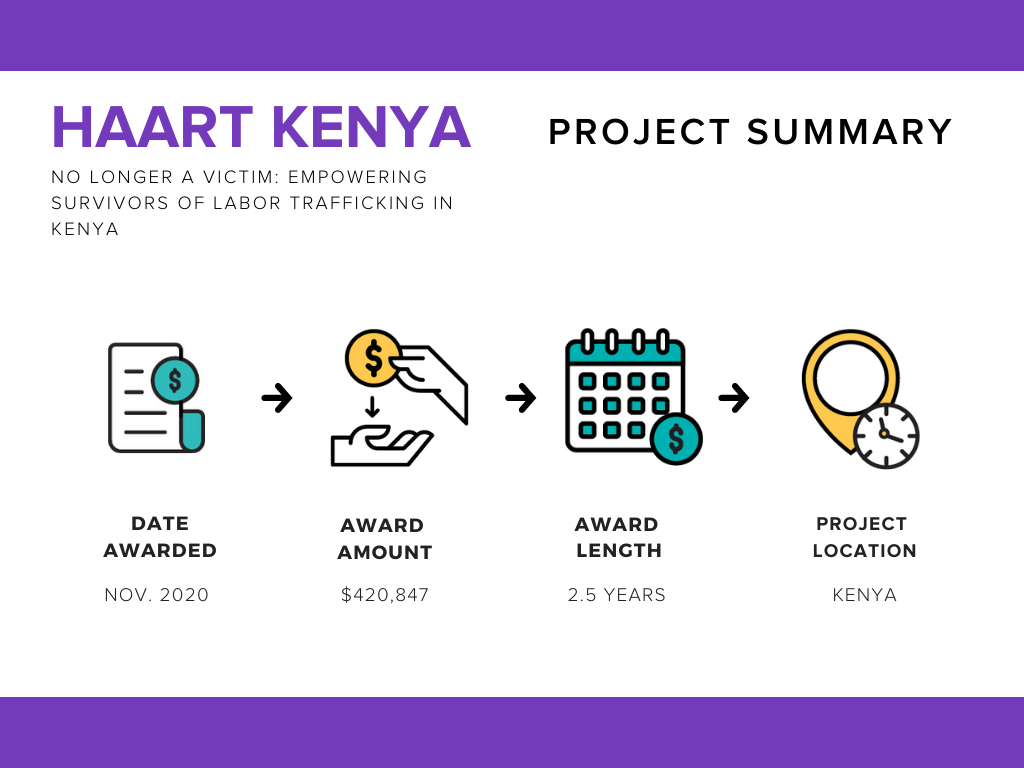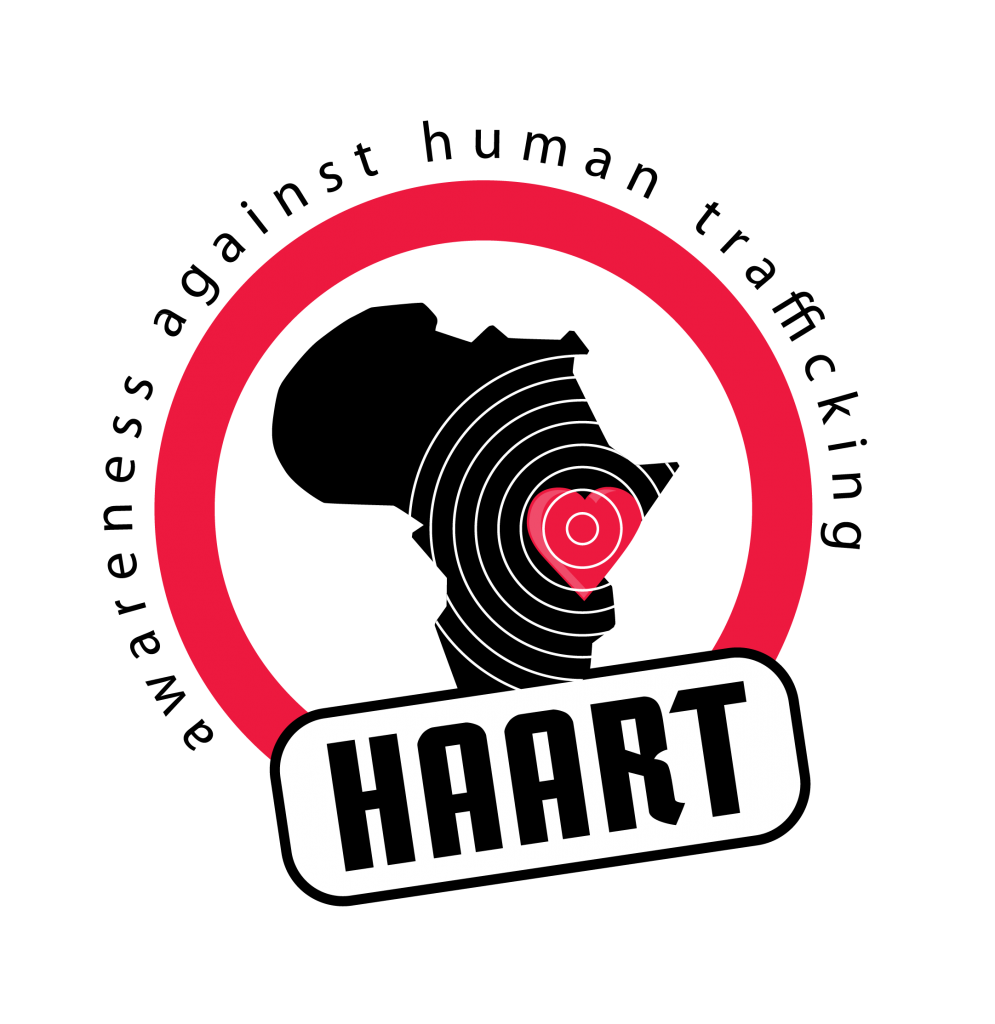The Global Fund to End Modern Slavery (GFEMS), in collaboration with the International Labour Organization, is supporting the Legislative Reform of Labor Migration project in Vietnam. The National Assembly adopted the revised Law on Contract-Based Overseas Workers on November 13, 2020, which will improve protection for Vietnamese migrant workers and reduce vulnerability to human trafficking when it goes into effect on January 1, 2022. Now that the law has been adopted, GFEMS and the ILO are pleased to support the development of subordinate legislation to operationalize the reforms. Read the full press release from ILO:
ILO commits to supporting Viet Nam to enforce new law on Vietnamese migrant workers
HANOI (ILO News) – On International Migrants Day (18 December), the ILO welcomes the chance to improve the protection of Vietnamese migrant workers brought by the newly-revised Law on Contract-Based Vietnamese Overseas Workers. The Law, passedby the National Assembly on 13 November 2020, which will come into effect on 1 January 2022, builds upon previous Vietnamese legislation to strengthen protections for migrant workers.
In particular, the new Law has removed brokerage commissions payable by migrant workers to recruitment agencies, and prohibited charging service charges to migrant workers who use public, non-profit entities to migrate abroad. Migrant workers who pay high recruitment fees and related costs are more vulnerable to labour exploitation. including forced labor/human trafficking.
“By reducing allowable costs chargeable to migrant workers, the Law offers greater protection from these harms,” said ILO’s Regional Labour Migration Specialist, Nilim Baruah. “When workers are indebted by high migration costs, they may be less able to leave employment when they are abused, exploited or forced to work. Removing brokerage commission from the costs permitted to be paid by migrant workers goes part way to addressing this risk.”
For recruitment agencies, the new Law retains certain categories of costs chargeable to migrant workers, namely the service charge and deposits, but sets limits and will detail the amounts allowable in subordinate legislation to be developed over 2021. The Law states that service charges in subordinate legislation should not exceed the ceiling of three months’ salary, which recruitment agencies can take from workers and receiving partners. Setting this ceiling for these costs will enable migrant workers to make informed decisions about migration, and for awareness to be raised about the costs of regular migration.
The Law prohibits discrimination and forced labour within labour migration and permits workers who are subjected to, or threatened with, maltreatment, sexual harassment or forced labour to unilaterally terminate their employment contracts without financial penalty. Under the new Law, recruitment agencies may have their licence revoked if they use deceitful advertising or other deceptive means to recruit workers for the purpose of forced labour/ trafficking in persons or other forms of exploitation.
Additionally, as part of pre-departure orientation training, recruitment agencies are required to provide knowledge and skills in the prevention of forced labour/trafficking in persons, and gender-based violence
“The Vietnamese Government’s commitment to prevention of forced labour in labour migration is evident in the passing of this revised Law,” said Baruah. “The Law takes the critical first step towards reducing recruitment fees and related costs charged to migrant workers.”
The ILO’s Private Employment Agencies Convention, 1997 (No. 181) and ILO’s General principles and operational guidelines for fair recruitment state that “workers shall not be charged directly or indirectly, in whole or in part, any fees or related costs for their recruitment” and that “prospective employers, public or private, or their intermediaries, and not the workers, should bear the cost of recruitment.”
“The ILO is committed to supporting the process of development of subordinate legislation through social dialogue, and implementation of the Law throughout 2021 and into the future,” said ILO Viet Nam Director, Chang-Hee Lee.
This year’s International Migrants Day celebrates the 30th anniversary of the International Convention on the Protection of the Rights of All Migrant Workers and Members of their Families. The passage of the Law on Contract-Based Vietnamese Overseas Workers is an important step towards labour migration being an empowering and enriching experience for all Vietnamese migrant workers.
Subscribe to our newsletter and follow us on Twitter and LinkedIn for updates on the latest developments, news, and opportunities with GFEMS.





